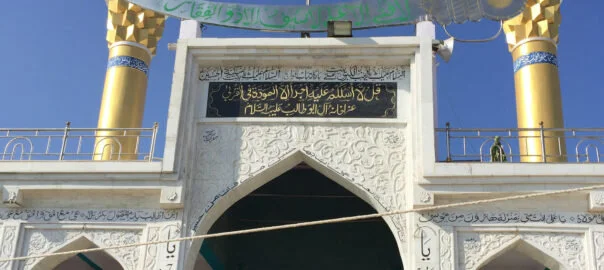
Our Fieldwork
Director Karen Barkey and the Shared Sacred Sites team continue to identify new locations in need of descriptive and analytical research as our knowledge and awareness of the phenomena surrounding these sites grows. This year we conducted a third year of field research, and once again the results will be published as multimedia files on the website and linked into the Repository and Fieldwork Archive.
Fieldwork in Greece and Turkey, 2013-16
The past is particularly evident in the Balkans and the Eastern Mediterranean where post-Ottoman legacies, traces and memories of coexistence and inter-communal interaction are still visible and resonate with local communities. This is the case both in major urban centers like Istanbul, Beirut, or Thessaloniki as well as rural sites that are part of periphery networks and pilgrimage routes. We have tried to capture these traces and practices through comparative ethnographic research in different religious sites (churches, mosques, monasteries, tekkes and turbes) in Turkey and Greece.
Fieldwork in India, 2016
In January 2016, members of the Shared Sacred Sites team embarked on a research trip in a joint IRCPL-Sciences Po effort to Gujarat, India. The team sought to make preliminary inquiries and interviews as part of the larger project investigating the choreography of shared sacred sites in South Asia. This trip expanded the comparative approach to the study of shared sacred sites beyond the Mediterranean Region, the Balkans, and the Middle East to include South Asia, encouraging perspectives on the mingling between polytheism and monotheism in times of identity and ideological tensions, where coexistence between followers of different faiths is contested.



